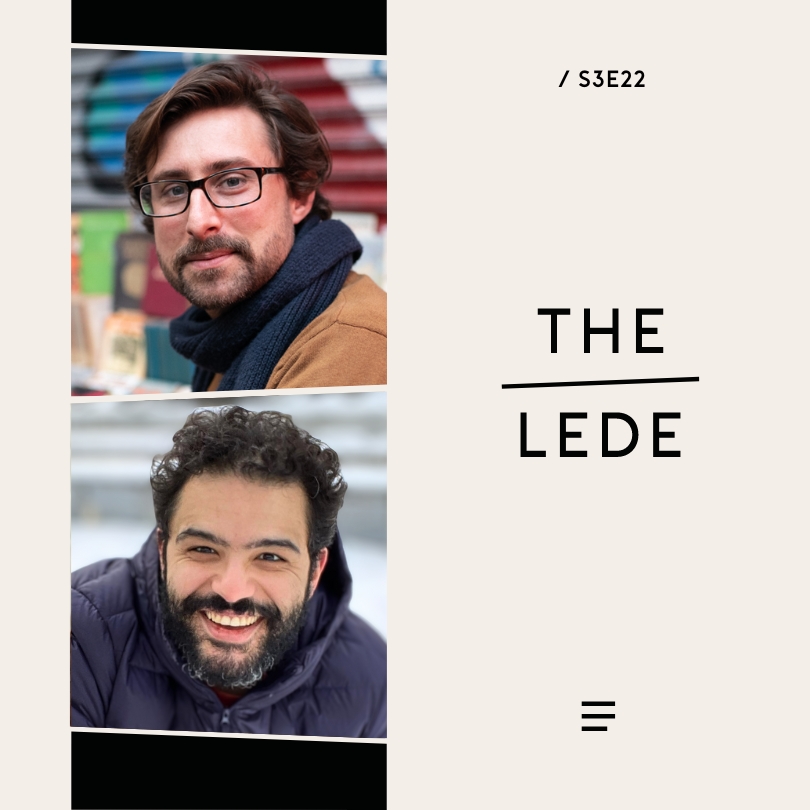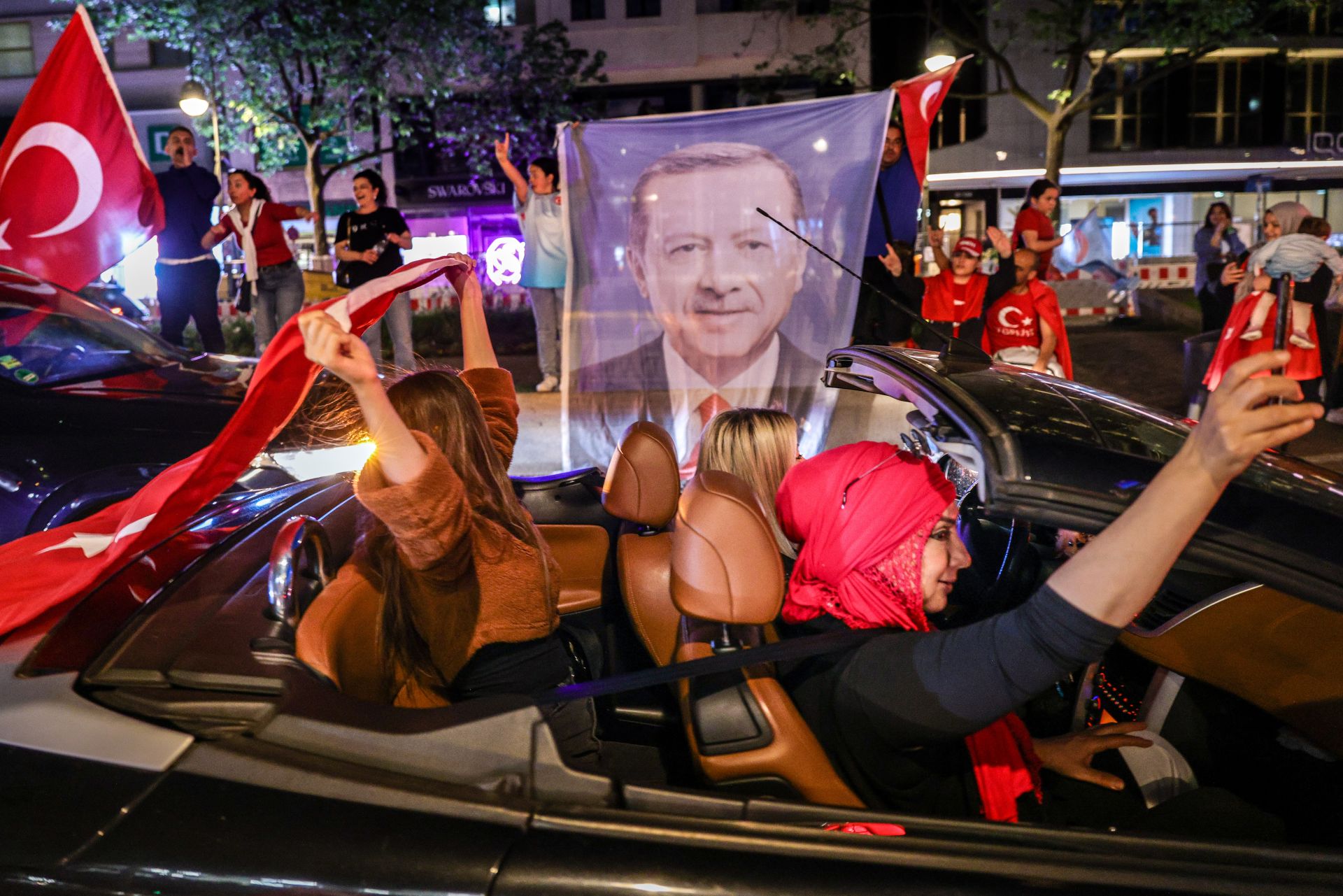Back in the early 2010s, then-Prime Minister of Turkey Recep Tayyip Erdogan presented himself as a peacemaker in the long war between Kurdish rebels and the state.
“He talked about what a tragedy it was that Turkish and Kurdish mothers were both reading the same Islamic prayers over the bodies of their fallen sons,” says Nicholas Danforth, a nonresident fellow at the Hellenic Foundation for European Foreign Policy and the author of “The Remaking of Republican Turkey: Memory and Modernity Since the Fall of the Ottoman Empire.”
“He saw the conflict between the Turkish military and the Kurds as a result of the military’s hyper nationalist approach. He thought he could carve out a different relationship with them. He used religious rhetoric to do it.”
It is a sign of how much Erdogan has changed Turkey that, going into May’s presidential election, in which he faced his most serious opposition yet, both Kurds and nationalists were a prominent part of the coalition against him. And his victory is a sign that the Erdogan formula of religious conservatism and Turkish nationalism remains far more politically potent than his detractors would like to believe, Danforth says.
“He’s running a very authoritarian, rigged system,” he tells New Lines magazine’s Kareem Shaheen. And yet “he does have real popular support.”

“It’s left-wing third worldism. It’s Islamism. It’s Turkish nationalism. And he’s become the avatar of all of these.”
The Erdogan brand of religious nationalism stands as a repudiation of Turkey’s traditional secular version, which more devout Turks have long resented, Danforth says. “Erdogan has done a very good job at playing on both a real and imagined sense of victimization amongst conservative religious people in Turkey.”
But his political project is much more ambitious than a simple course correction from secularism — and it has much wider appeal, earning him admirers not only within but beyond the borders of Turkey. It is both one that envisions his country as the main regional player in a future geopolitical order and one rooted in the memory of Turkey’s Ottoman past.
“What won Erdogan votes was his use of the Ottoman Empire as a symbol of when Turkey, and the Islamic world, were powerful,” Danforth explains. “He’s created an image of redressing the wrongs in the global order.”
Erdogan, of course, has positioned himself at the heart of that project.
“It’s left-wing third worldism. It’s Islamism. It’s Turkish nationalism. And he’s become the avatar of all of these,” says Danforth. “That is, I think, part of what’s made his appeal so widespread.”
Produced by Maggie Martin


